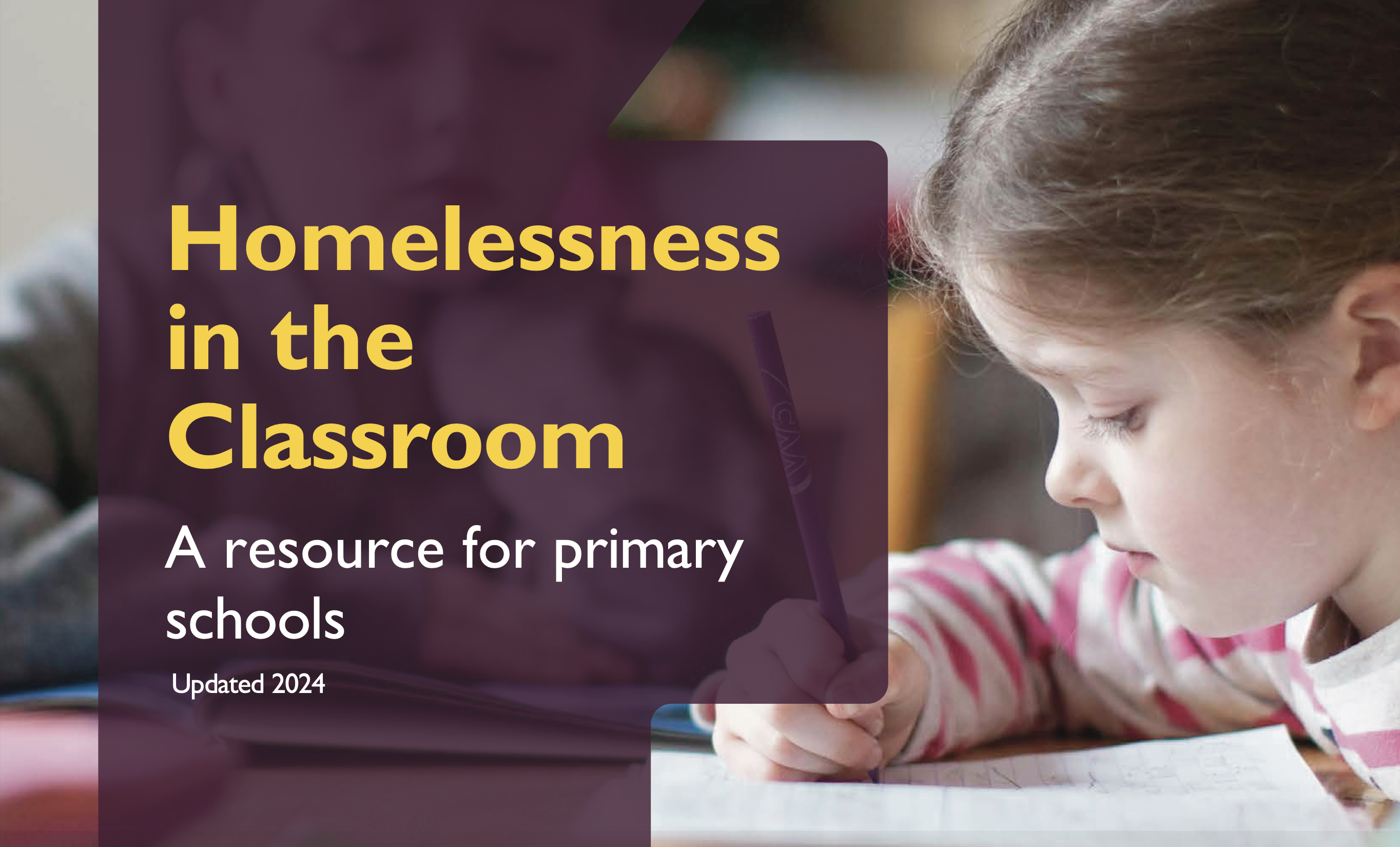Help Support Cork Safety Alerts – Donate the price of a coffee here via Stripe: https://csalert.ie/donate
As the homelessness crisis in Ireland continues to escalate, the Irish National Teachers’ Organisation (INTO) has issued updated guidance for primary school teachers navigating the challenges faced by pupils living in emergency or temporary accommodations. The resource, Homelessness in the Classroom: Guidance for Primary Teachers, launched today, seeks to equip educators with strategies to support vulnerable children in their care.
Originally developed in collaboration with Focus Ireland in 2019, the updated document is informed by the lived experiences of teachers working directly with children affected by homelessness. It underscores the critical role schools play in providing stability and emotional support to pupils during profoundly uncertain times.
Homelessness Numbers Reach Record Highs
The urgency of this guidance comes against the backdrop of Ireland’s deepening homelessness crisis. Over 14,760 individuals are currently in emergency accommodation, with more than 4,500 of them being children — marking a staggering 17% increase in child homelessness in just 12 months. These figures represent not only a national crisis but also a direct challenge to schools, teachers, and communities across the country.
For children, the experience of homelessness is far more than a logistical issue; it disrupts their education, undermines their emotional well-being, and erodes their sense of security. Teachers, who are often the first point of stability in these children’s lives, are stepping in to fill the gaps left by an overstretched system.
A Call for Greater Support
John Boyle, General Secretary of the INTO
, expressed the gravity of the situation during the launch of the publication:
“Teachers see the devastating impact of homelessness on pupils every day. With over 14,760 people homeless, including 4,561 children, this crisis is worsening. No one should have to create a publication like this, because no child should ever be homeless.”
While the guidance offers practical advice for teachers to support children, Boyle emphasised that teachers alone cannot shoulder the burden of this growing crisis.
“Schools urgently need targeted funding, resources, training, and increased support for teachers. The Department of Education must lead the way to ensure no child is left behind because of circumstances beyond their control,” he said.
Boyle also highlighted the broader implications for Ireland’s education system:
“Schools play a vital role in supporting children who find themselves homeless, and it underscores why education and investing in our primary and special education system should be a central issue in this General Election.”
Beyond the Classroom
The INTO’s call to action is a stark reminder that homelessness is not just a housing issue—it is an education and societal issue. Schools, often seen as safe havens for children, are increasingly stretched as they work to mitigate the effects of homelessness on young learners. The resource, while invaluable, serves as a reminder of the larger systemic changes needed to address the root causes of this crisis.
For now, teachers continue to stand on the front lines, offering stability, compassion, and support to some of Ireland’s most vulnerable children. But as the figures show, the scale of the crisis demands more than individual efforts—it requires a collective response at every level of society.

